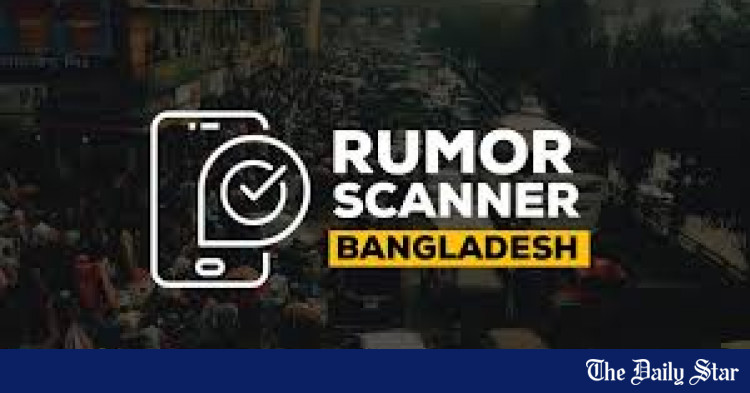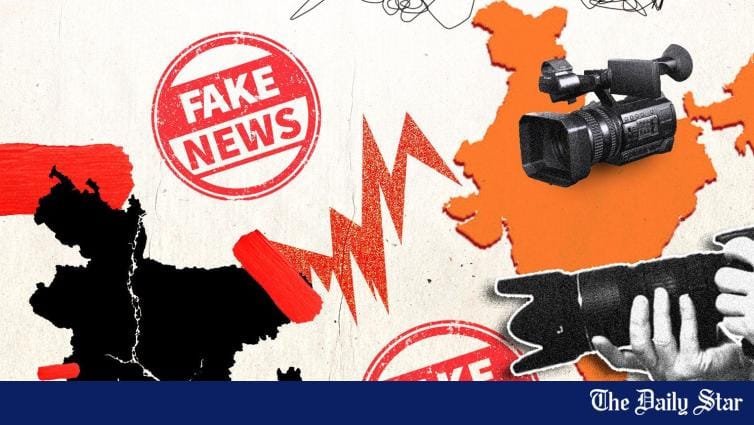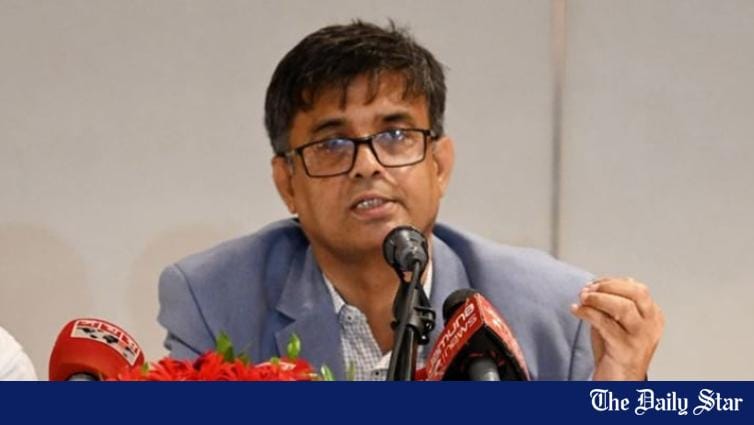- Nov 13, 2024
- 379
- 215
- Origin

- Residence

well any Muslim with a daari without mustaches is ultra rigid Jihadi weather you like it or not ..... just ask a daari walla mullah why dose he not keeps a Mustache ???Who is Jihadi and Jamati?
Most people in Bangladesh don't wear their religion on their sleeves.
People who try to be ultra religious are rare in Bangladesh.
Same like Malaysia and Indonesia.









